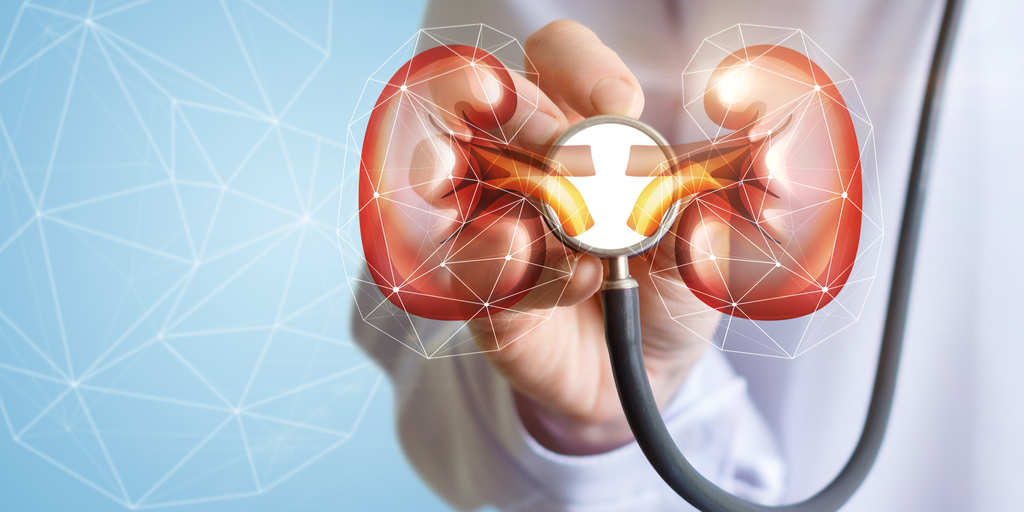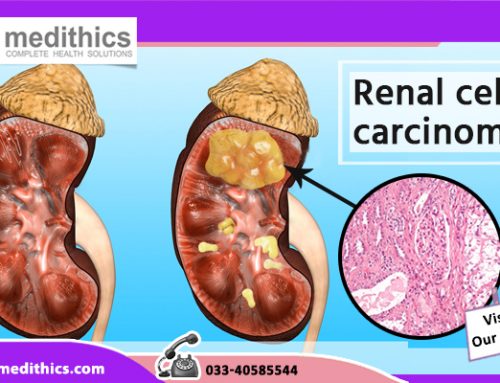Deals with the treatment and management of Nephrotic syndrome, acute nephritic syndrome, acute renal failure, and chronic renal failure. Being a tertiary care center, all types of acute renal failure are encountered. Diabetic Nephropathy is the most commonly encountered chronic kidney disease. Given below are the descriptions of the conditions treated:
Nephrotic Syndrome: Is a condition where a patient develops swelling of the legs and face and is found to have severe protein excretion in the urine. Kidney biopsyis required in adults to know the cause of this condition
Acute Nephritic Syndrome: Is a condition commonly affecting children? Usually in this condition, following a sore throat or a skin infection, the child develops red urine (due to blood in the urine), swelling of the face and legs, and increase in blood pressure. It is usually a self-limiting process that clears up by itself in a few days to a few weeks time
Acute Renal Failure: Is a potentially reversible cause of kidney failure. Common causes are dehydration due to loose motion and vomiting, infections, certain drugs, snakebite and blockage to the passage of urine
Chronic Renal Failure: Is irreversible kidney failure. The causes for chronic renal failure are diabetes mellitus (the most common cause), hypertension, long-term usage of painkillers, certain genetic diseases, recurrent urinary tract infections (especially in children), and certain other primary kidney diseases.
Pediatric Nephrology
Although kidney problems are deemed to be rare in the pediatric age group, a significant number of children do suffer renal problems, both developmental and acquired. Some easily treatable conditions such as post-infectious glomerulonephritis & steroid-sensitive nephrotic syndrome is more common in childhood. Renal conditions unique to children include congenital anomalies of the kidneys & urinary tract (CAKUT), posterior urethral valves, vesicoureteric reflux, voiding dysfunction, recurrent urinary tract infections & the wide spectrum of renal tubular disorders with presentation as varied as metabolic acidosis and dehydration, failure to thrive, rickets, recurrent renal stones, electrolyte abnormalities & hypertension.
Many of these conditions cause severe morbidity and/or progress to renal failure if left untreated. Appropriate management of renal failure & early initiation of dialysis & renal transplantation is particularly important in children with end-stage renal disease considering the long life expectancy in children.
Management of nutrition & immunization also poses challenges in children with kidney disease. The Division of Pediatric Nephrology specializes in the diagnosis and management of children with a variety of acute and chronic kidney-related disorders. We evaluate and treat children with complicated nephrotic syndrome, hypertension, hematuria, proteinuria, renal tubular acidosis, nephrolithiasis, glomerulonephritis, acute and chronic kidney failure.
We also provide comprehensive care for pediatric patients with end-stage kidney disease, including care to patients undergoing peritoneal dialysis and hemodialysis, pre-transplant workup and follow-up care of children after kidney transplantation.
Nephropathology (Renal pathology) is a subspecialty of anatomic pathology that deals with the diagnosis and characterization of medical diseases (non-tumor) of the kidneys. The department processes the renal biopsies (native and allograft) for light microscopy, immunofluorescence and electron microscopic evaluation by Nephropathologist.
Medical renal diseases present with varied clinical manifestations like nephrotic syndrome, nephritic syndrome, acute kidney injury, isolated hematuria/proteinuria, and graft dysfunction, in the case of a renal transplant recipient. These diseases may affect the glomerulus, the tubules, and interstitium, the vessels, or a combination of these renal compartments.
The Nephropathologist analyses the findings of renal biopsy on light microscopy, immunofluorescence and electron microscopy keeping in mind the clinical findings to obtain a definitive diagnosis and to identify the particular renal compartment affected by the disease. In doing so he plays a pivotal role in the management of patients with medical renal disease.
Renal biopsy is a diagnostic procedure in which a small piece of renal tissue (tissue from the kidneys) is obtained to know the cause of renal failure, to know the cause of proteinuria and to know the severity in some renal diseases like lupus nephritis.
An ultrasound-guided renal biopsy can be that of the native kidneys or that of the kidney transplant is routinely performed under local anesthesia in adults but children need general anesthesia. Bedside renal biopsies are performed for sick patients in the ICU and in the ward.
Patient needs to get admitted on the morning of the procedure & need to be under complete bed rest for a day after the procedure. He can resume his normal activities couple of days after the procedure.
Some investigations like coagulation parameters need to be checked prior to renal biopsy. Complications like blood in the urine can occur in about 5% of patients. Rarely the bleeding can be severe to warrant another procedure to stop the bleeding.
On rare occasions, a repeat renal biopsy may be required if the original biopsy is unsuccessful.






Leave A Comment
You must be logged in to post a comment.